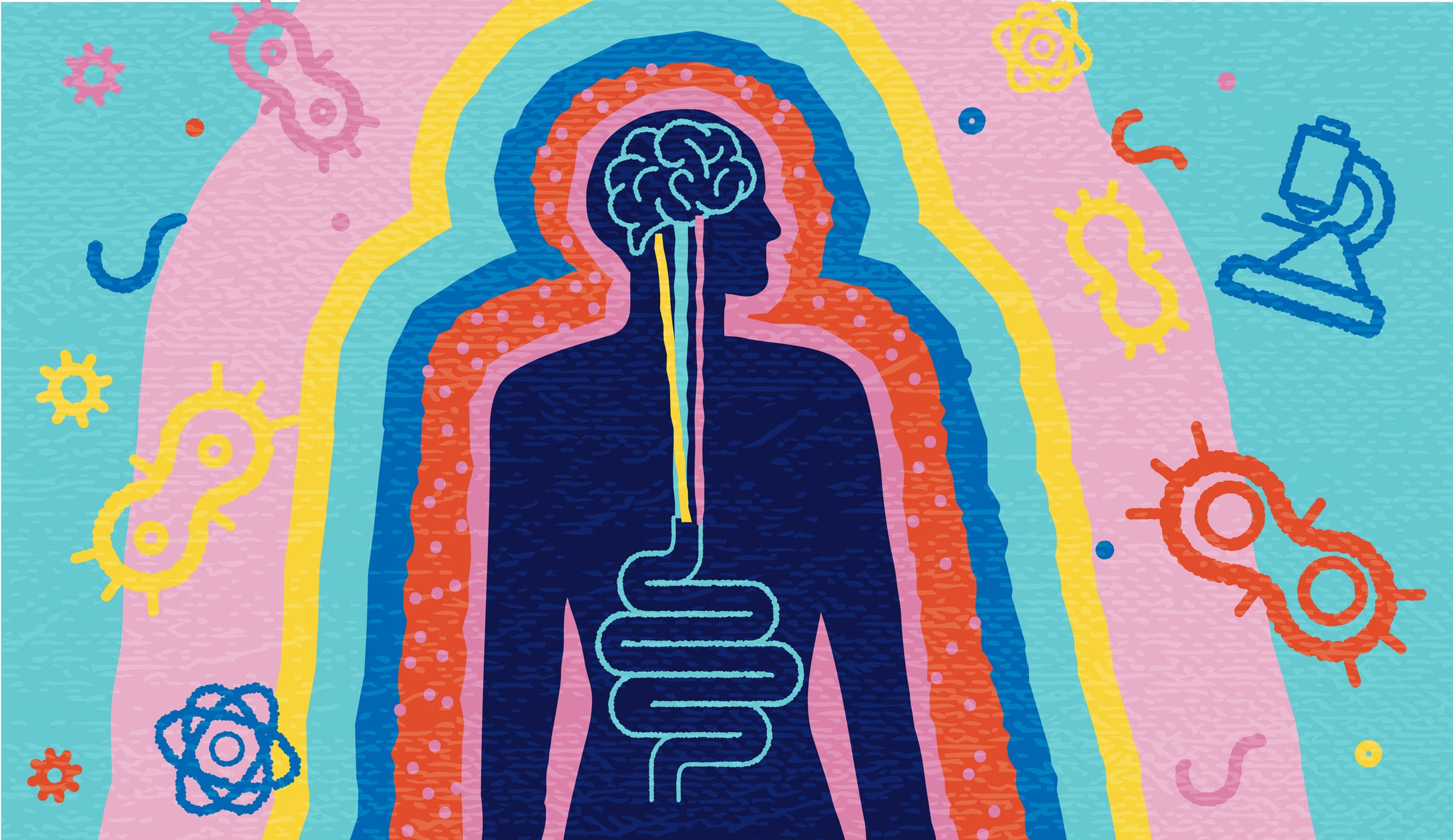Published in eBioMedicine, the study highlights the key role of the gut microbiota in mediating exercise-induced cognitive benefits, including enhanced memory function and spatial discrimination.
Researchers from Cajal Institute in Madrid in Spain and the University College Cork in Ireland identified specific microbial taxa that were associated with improved cognitive function, opening up new possibilities to develop microbiome-based therapies to combat cognitive decline.
“Our study shows that moderate, regular exercise—about 40 minutes at a medium intensity—improves memory, spatial discrimination and adult neurogenesis in the hippocampus of mice,” Elisa Cintado, an author on the study, told NutraIngredients.
“Importantly, both these cognitive benefits and the positive changes in the gut microbiota depend on the type and intensity of exercise. In contrast, even small increases in exercise duration or intensity eliminate these benefits.”
Importantly, the study is the first to demonstrate that these cognitive benefits can be transferred to sedentary mice via fecal microbiota transplantation.
“Transferring the gut microbiota from animals that exercised moderately to sedentary mice reproduced the cognitive improvements, while microbiota from animals subjected to longer or more intense exercise did not provide these benefits,” Cintado added. “This highlights a causal and intensity-dependent role of the microbiota in mediating the cognitive effects of exercise.”
Study details
The existing body of evidence shows that physical exercise can enhance cognitive function, however, literature gaps make it difficult to ascertain the exact mechanism of action.
To explore this further, the researchers on the current study measured cognition and microbiota composition by comparing exercised mice to sedentary controls.
For the first part of the trial, the researchers randomized 40 mice into four groups: sedentary controls (no exercise), moderate exercise (40 minutes per day at a steady pace), intense exercise (60 minutes at steady pace) and another intense exercise group (40 minutes at a faster pace).
After 32 days, the mice in the moderate exercise group performed significantly better on cognitive tests compared to the sedentary and high intensity exercise groups.
The researchers observed that moderate exercise increased neurogenesis—the formation of new neurons in the brain. However, these benefits vanished when the exercise intensity or duration was increased.
Mice in the moderate exercise group also had increased microbial diversity, with specific bacterial families correlated with cognitive performance.
“Our results indicate that microbiota composition, particularly the abundance of certain bacterial families, such as Acetatifactor and members of the lachnospiraceae family, is associated with improved cognitive performance in response to moderate exercise,” Cintado explained.
The first ‘causal evidence’
In an attempt to prove that gut microbiota changes were responsible for enhanced cognitive performance in moderately exercised rats, the researchers then conducted fecal microbiota transplantation.
After four days of antibiotics, sedentary mice received transplants from either sedentary donors, moderately exercised donors or intensely exercised donors. The mice who received transplants from the moderately exercised group saw significant improvements in cognitive test scores compared to the other groups.
Cintado said this provides evidence of a “causal link” between exercise-induced changes in the gut microbiota and cognitive and neurogenic benefits.
“[The results] suggest that targeted manipulation of the gut microbiota could become a novel therapeutic strategy for enhancing cognitive function or for treating neurodegenerative and cognitive disorders,” she said.
However, since the study was conducted on male mice, the same results may not extend to humans, and more research is needed to better understand the potential implications, according to Cintado.
“Going forward, research should focus on identifying the precise microbial and molecular mediators involved, as well as understanding individual variability—specifically, why some microbiota profiles respond more robustly to exercise than others,” she said. “This could enable the design of personalized exercise programs or microbiome-targeted interventions to maximize cognitive benefits.”
Despite the limitations, microbiome expert Amine Zorgani says the study represents a ‘major advance’ in establishing mechanistic causality.
“[This research] opens up an exciting future where we could personalize exercise plans or even use microbiome-based treatments to help protect our minds from cognitive decline,” he told NI.
Source: eBioMedicine. doi: 10.1016/j.ebiom.2025.105876. “Gut microbiota regulates exercise-induced hormetic modulation of cognitive function.” Authors: E. Cintado, et al.


